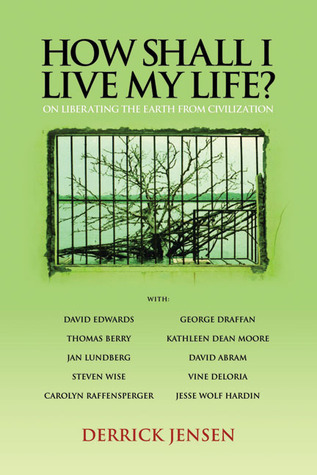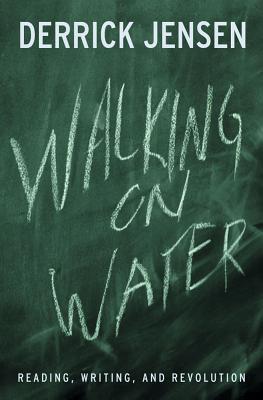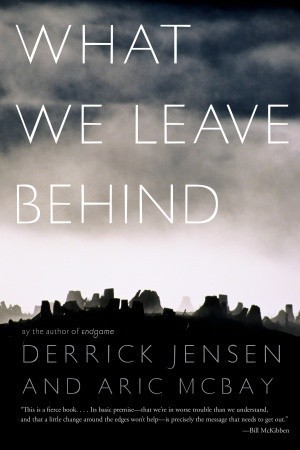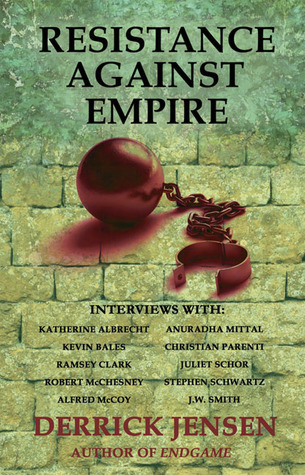
How Shall I Live My Life?: On Liberating the Earth from Civilization
Book Description
Civilization is a relentless beast, consuming the Earth and suffocating its beauty. In "How Shall I Live My Life?: On Liberating the Earth from Civilization," Derrick Jensen unearths a raw, urgent call to arms against this destruction. With searing insights and transformative ideas, he challenges the very foundation of existence, exposing the moral dilemmas we face daily. Each page ignites a fierce dialogue about freedom, responsibility, and the ethical choices that define our lives and our planet's future. Are we willing to confront the truth and redefine our path for a world that breathes again?
Quick Book Summary
"How Shall I Live My Life?: On Liberating the Earth from Civilization" by Derrick Jensen is a provocative exploration of humanity's relationship with the natural world and the catastrophic impacts of industrial civilization. Through interviews, essays, and personal reflections, Jensen challenges readers to question the foundational myths that justify environmental destruction and to critically examine the moral choices embedded in daily life. The book draws connections between personal responsibility, systemic oppression, and ecological collapse, urging a radical reevaluation of what it means to live ethically in a damaged world. Jensen advocates for deep listening, direct action, and the reclamation of authentic relationships with nature, pushing readers to envision—and act for—a world liberated from the domination of civilization. Ultimately, the book asks whether we have the courage to change, not just for our own survival, but for the flourishing of the planet itself.
Summary of Key Ideas
Table of Contents
The Destructive Nature of Civilization
Derrick Jensen begins by scrutinizing the pervasive destructiveness of modern civilization, describing it as an unsustainable system predicated on perpetual growth and exploitation. He argues that the foundations of civilization—agriculture, industry, and hierarchical power—inevitably lead to ecological harm, cultural alienation, and spiritual disconnection. Jensen presents candid stories and testimonies from activists, philosophers, and indigenous leaders, illustrating how civilization's relentless appetite undermines the natural systems upon which all life depends.
Rethinking Human-Nature Relationships
Central to Jensen's philosophy is the urgent need to re-evaluate how humans conceptualize their relationship with nature. He critiques the dominant worldview that sees the earth merely as a resource for human use, advocating instead for a kinship-based perspective grounded in respect, reciprocity, and interdependence. Through poignant interviews, Jensen demonstrates that healing the planet requires abandoning our sense of separation and supremacy, and embracing humility and empathetic understanding toward all forms of life.
Personal Responsibility and Moral Choices
The book challenges readers to confront their own complicity in systems of oppression and environmental degradation. Jensen insists that ethical living cannot be separated from political consciousness: our choices as consumers and citizens matter profoundly. He offers insights into the daily dilemmas individuals face, revealing how even small acts may perpetuate larger patterns of harm. The emphasis is on cultivating an active sense of responsibility that acknowledges the complexities and consequences of living in a destructively organized society.
Resistance and Direct Action
Jensen contends that personal change, while necessary, is insufficient without collective resistance. He champions direct action, civil disobedience, and the dismantling of oppressive systems as essential strategies for ecological and social liberation. The voices featured in the book share stories of courage, despair, hope, and solidarity, illustrating how resistance to civilization’s harms can take many forms—from protest and sabotage to community building and storytelling. Solidarity, Jensen argues, is as much an act of spiritual and emotional connection as it is of political commitment.
Reimagining the Future
Ultimately, Jensen urges readers to reimagine what the future could be if freed from the constraints and violence of civilization. He offers glimpses of societies harmoniously integrated with their environments, where ethical relations are embodied in daily life and governance. By calling for an unflinching appraisal of our cultural narratives and a willingness to embrace radical transformation, Jensen leaves his audience with a potent provocation: to act courageously for a living Earth, and to define a new path forward based on justice, reciprocity, and ecological wisdom.
Download This Summary
Get a free PDF of this summary instantly — no email required.





